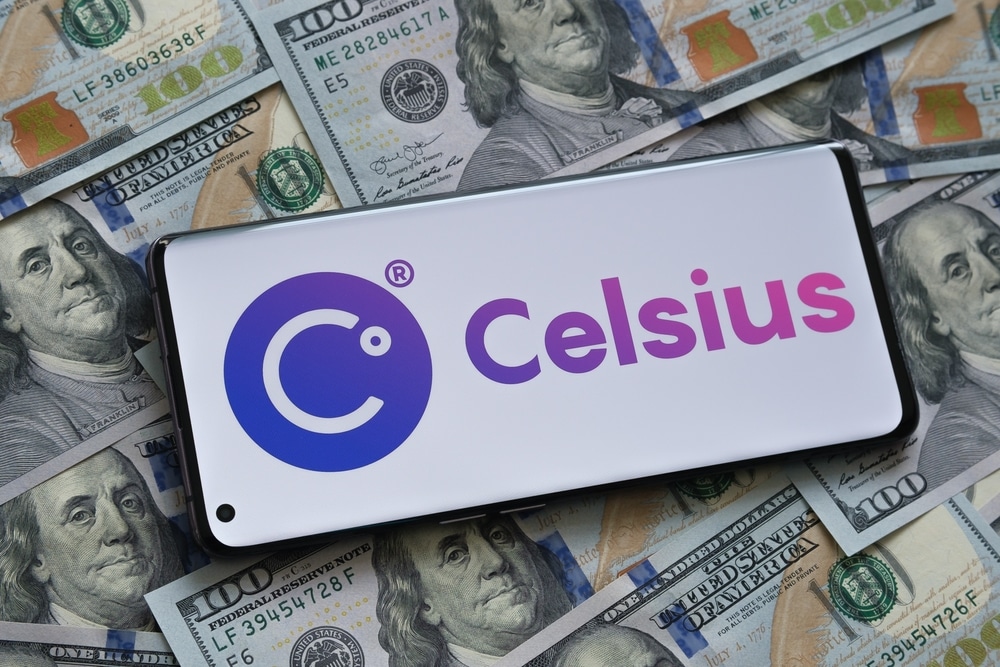
Celsius Network Secures Repayment Plan Approval to Emerge From Bankruptcy
The embattled crypto lending firm Celsius Network announced the approval of its revised repayment plan submitted to the bankruptcy court. The bankrupt lender tabled the new repayment plan in the October 2 submission, indicating $450 million in seed funding.
The approval positions the failed crypto lender on track to shake off bankruptcy. The Delaware bankruptcy court judge issued a Thursday, November 9, approved the planned transformation, giving Celsius a new identity.
Celsius Exiting Bankruptcy as NewCo
Celsius Network is scheduled to exit bankruptcy as NewCo, with its operation scope limited to Bitcoin mining and staking. Nonetheless, the new entity will have its ownership exercised by Celsius’ creditors and customers.
The crypto lender previously ran under the stewardship of Alex Mashinsky as its chief executive. The chief executive is battling charges levied against him by the US regulator.
The charges allege Mashinsky’s wrongdoing that plunged the firm alongside other high-profile brands as crypto prices nosedived last summer. The firm collapsed when it had an estimated $25 billion worth of assets under its management.
The plan identifies Fahrenheit Group as the consortium overseeing its management following its successful acquisition bid submitted in May 2023. The filing discloses that NewCo targets listing on the Nasdaq market to run as a publicly traded company to optimize liquidity for the creditors.
The approval allows the firm to distribute crypto assets valued at least $2.03 billion to its creditors. The Thursday, November 9 publication by Bloomberg News captured the assurance conveyed by Celsius’s attorney that customers could receive repayments of their crypto and accounts at the onset of 2024.
Ex-Celsius Network Executives Battle Multiple Lawsuits and Criminal Charges
The approval of the revised repayment plan came hot on the heels when the Celsius Network co-founder was hit with multiple criminal charges and civil suits. Starting in July, Mashinsky has faced charges alleging wrongdoing in his conduct when heading the Celsius Network.
Almost all federal regulatory agencies, including the Justice Department (DoJ), Federal Trade Commission (FTC), Commodities Futures Trading Commission (CFTC), and Securities and Exchange Commission (SEC), initiated action.
The Federal prosecutors actively pursued Mashinsky to face charges of fraudulent conduct. They allege the ex-Celsius boss orchestrated the price inflation of the network’s native token, CEL. He faces the charges alongside the Celsius Network’s chief revenue officer, Roni Cohen-Pavon.
The current development is influencing the market activity. The native token CEL realized an unprecedented rally to $0.25. The ruling eroded the rally, leaving the token plunging 7% to exchange hands at $0.23, per CoinGecko data.
Judge Martin Glenn of the Delaware bankruptcy court approved the revised plan without ascertaining whether Celsius qualifies as a security or commodity. The judge illustrated that the Gary Gensler-led Securities and Exchange Commission (SEC) could reexamine the transactions.
Judge Glenn revealed in the Thursday, November 9 confirmation that it never delved into ascertaining whether CEL tokens and related transactions constitute securities. The judge observed that the order expressly reserved the SEC’s right to reexamine the crypto tokens relative to their desired basis.
Retracing Celsius Network’s Journey Towards Exiting Bankruptcy
Judge Glenn has walked the journey assumed by Celsius Network and delivered rulings of notable consequences. In a January 4 ruling, the bankruptcy judge directed that Earn Program clients were entirely unsecured creditors. He observed that they assumed the risk and lost thus would rank lower in the priority list.
Glenn observed the same logic to label custody users with their resulting balances classified as Earn rewards. However, pure custody accounts were judged as merely holding funds, thus qualifying them for reimbursement.
The judge permitted Celsius to utilize the Earn Program assets in settling the growing Chapter 11-related administrative expenses. The directive indicated that secured creditors and holders of non-interest-bearing accounts have priority treatment during repayments. It overlooked the existing Celsius customer agreements that considered deposited assets as the lender’s property.
An earlier ruling on December 7 directed Celsius to return the crypto valued at $50 million to the custody accounts users. Glenn held that custody accounts users own the funds, unlike clients in Earn and Borrow programs. The ruling allowed the custody customers to withdraw funds starting in March.




